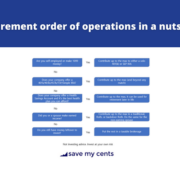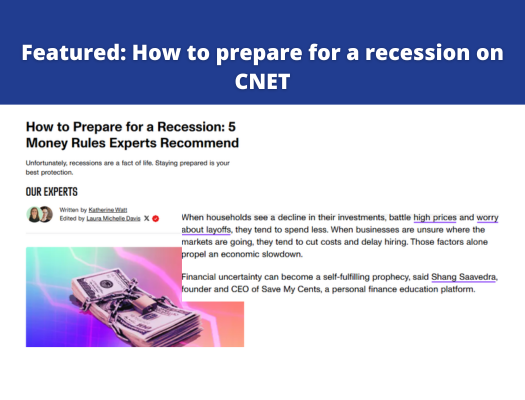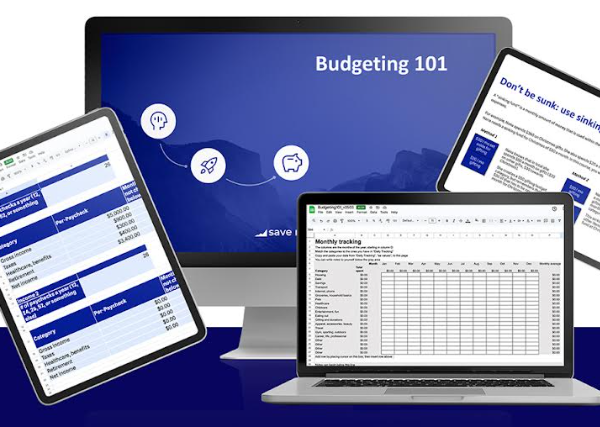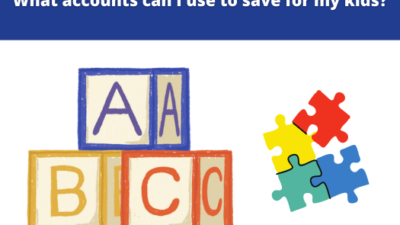It seems like expenses go up the moment you have kids. That’s true, but not all expenses are must haves. Over the years advertisers have found that emotional, stressed out parents will do anything to buy stuff to make themselves feel like they’re better parents, so how do you navigate all of the noise to find out what is truly worth buying? The answer is actually right in front of you – you know best. If you need some initial guidance, here’s some thoughts on how to think about it from a values based spending point of view.
Mindset: We need to celebrate parents who make parenting a priority
The most important thing for you to do as a parent is to love your child for who they are. The study “The effect of the time parents spend with children on children’s well-being” tells us that the more quality time we can spend with our children, the better their well-being. It pains me to see people post about toxic relationships with their parents as adults on online forums like Reddit. It is very clear that the outcome stems from being neglected, or mistreated by parents, when young. We do not do enough as a society to praise the parents who make parenting their first priority. These are the parents who are not itching to become CEOs, make a ton of money, or be the best at work. Rather, these are parents who prioritize flexible work hours, who are okay with being average at work, or decide to make parenting their job. A child is a lifetime commitment.
Basic expenses – you’ve got a mouth (or more) to feed
There are basic expenses that every parent needs to account for. Basics for most children includes a warm roof, full bellies (you don’t need to cook fancy food), transportation, education, clothing, and basic hygiene. Another area where I would not feel guilty spending would be health, especially when it comes to children with chronic illnesses, disabilities or special needs.
How to tell you’re being manipulated by advertising
Basics are easy to identify, but how do you navigate through all the ads and marketing each day? Advertisers are very good at preying on your feelings of inadequacy. You really need to develop a strong inner voice to counter the voices that tell you the kind of parent you should be.
Influencers in particular are very good at getting under your skin because it’s disguised as parenting advice. Think about their perfectly staged homes, their children unboxing the most “advanced” toys, eating from customized plates of fancy food, going on perfect vacations. How every post seems to be offering advice, but then ends with “use this code to get 10% off this item”. Does any parent ever talk like that in real life? This is not real life my friends!
To stay grounded in reality, this can be easily done by laughing with your close parent friends over the daily lives of being a parent, and normalizing a less than perfect life. I also tend to prefer parenting books written by academics and researchers, which are not trying to sell a product. If an online resource is mostly selling products, then it’s an advertiser, not a parenting resource.
Birthday parties – getting out of control
The concept of “keeping up with the Joneses” has been around for a long time, but in the past few years it seems the Joneses are getting even more extravagant around birthdays. A poll by U.com found that nearly half of parents spent more than $500 on their child’s first birthday. Based on data from Vouchercloud, the average kids’ party runs about $400 – before presents! It’s not just birthdays, during the holidays there is so much pressure to gift extravagantly. I wish we could normalize just being there for our children, because most children are not going to remember the extravagance. They will, however, remember if Mom or Dad were not around during their birthdays. Think back to when you were a child – would you rather have had big parties and expensive gifts from your parents, or rather, personal validation, love and quality time?
Education – do we really need to spend that much on a degree?
Tuition increases are incredibly taxing on parents in the U.S. I see so many parents go crazy in the rat race to get their children back to the same elite schools. While elite schools do offer benefits, it may not be as necessary for all. Years ago, The Atlantic published a study that found that elite schools don’t add that much more earning power once we control for existing talent, habits, and ambition. So in fact, if the student’s parents already went to good schools, chances are, the student would be fine if they inherited the same intelligence and ambition. For this reason alone, the Save My Cents have begun already rejecting the notion that we need to force our kids to attend Ivy League schools in order for them to be well off.
Here’s my advice as a personal finance writer, on how to navigate children expenses
Find your own North Star, you are your child’s biggest advocate and you know what’s best for them. You have a choice in who you want input from in terms of your parenting and spending. Way too many people like to offer unsolicited advice, you don’t have to listen to most of it because they don’t know your child like you do.
Engage your children on the topic of money as early as possible. These conversations matter even more than whether they got the gift they wanted or not. Do it in an age appropriate way, and you can give them the gift of financial literacy of a lifetime. Also, put your retirement needs over your children’s college funds. Your retirement security means they will be more secure in the early years of their careers.
Help your children navigate peer pressure and social media, which influence children’s desires to keep up with the Joneses. Build up their own self confidence as you’re building up yours.
Buy used. I’ve been buying thrift and second hand for years and my kid is none the wiser. Take time and research your purchases to see how you can get things for less. Use Facebook Marketplace or Buy Nothing groups, mommy groups, consignment stores, etc.
Ultimately, I hope that you spend according to your values. Since we, as parents, know what’s best for our children we can choose wisely how to spend on their well-being. If we can reject the advertisers and unrealistic expectations around us, we are free to use our values and our belief systems to determine our spending, catering to our own well-being and confidence as well as our children’s.










